You’ve spent hours creating the perfect garden ornament—a colorful mosaic, a charming birdhouse, or a whimsical bottle tree—only to watch it fall apart after one rainy season or a hot summer week. It’s a frustrating experience, and a common one for DIY crafters.
The outdoors is a harsh environment. Rain, UV rays, and extreme temperature changes (hot and cold) will destroy DIY outdoor projects made with the wrong adhesive. The key to long-lasting outdoor crafts is choosing a glue designed specifically for these challenges. This guide will break down exactly what you need.
In this guide, we’ll explore the best glues for outdoor crafts, from heavy-duty epoxies to flexible silicones, so you can choose the perfect strong glue for crafts—whether you’re working with wood, glass, plastic, or ceramic.
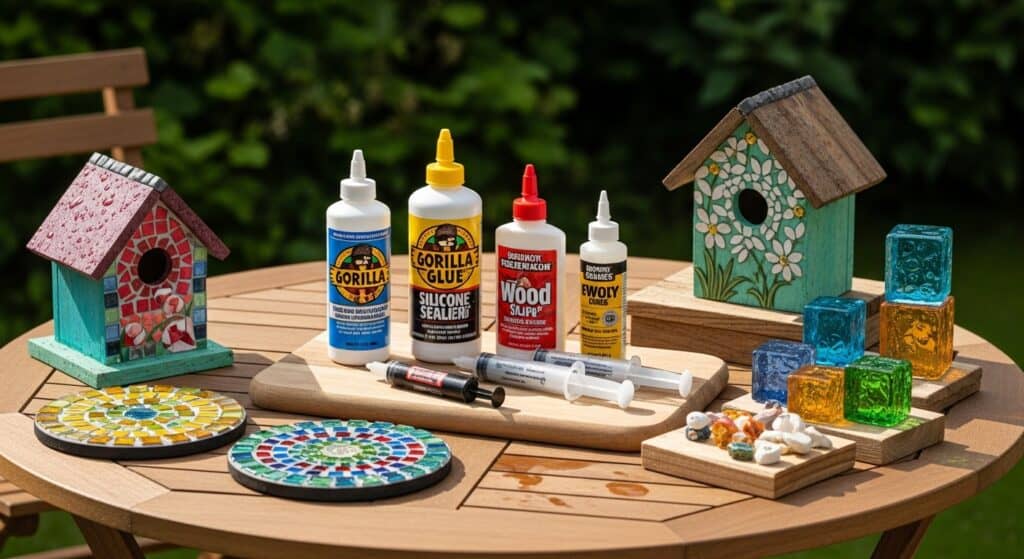
Quick Comparison: Best Outdoor Adhesives
| Glue Type | Best For | Waterproof Rating |
|---|---|---|
| 100% Silicone Sealant | Glass, Ceramic, Non-Porous | 100% Waterproof |
| Polyurethane Glue | Mixed Materials, Wood, Stone | 100% Waterproof |
| Two-Part Epoxy | Rigid Repairs, Metal, Plastic | 100% Waterproof (Marine-Grade) |
| Waterproof PVA Glue | Wood-to-Wood Only | Waterproof (Type I) |
| Construction Adhesive | Heavy-Duty (Stone, Brick) | 100% Waterproof |
The “Big 3” Requirements: What to Look for in an Outdoor Adhesive
Briefly explain that not all glues are created equal. An “outdoor” glue must have three key properties.
1. Waterproof vs. Water-Resistant
This is the most common point of failure. It’s crucial to know the difference:
- Water-Resistant (e.g., Titebond II): Can handle occasional dampness, humidity, or a light rain. It’s not designed for full exposure.
- Waterproof (e.g., Titebond III, Polyurethane): Can withstand full submersion and heavy, repeated rain without failing. This is the glue that works in rain or heat. For almost all outdoor crafts, this is what you need.
2. UV-Resistant
Direct sunlight is a glue-killer. UV rays can make adhesives brittle, yellow, and crack over time. For projects in a sunny spot, finding a UV-proof craft glue is non-negotiable.
3. Temperature-Resistant & Flexible
Your craft needs to survive the “freeze-thaw” cycle in winter (which causes cracking) and extreme heat in summer (which can cause softening or melting). Flexible glues (like silicone) are often better than rigid glues for non-porous materials like glass, as they can expand and contract with the materials instead of breaking the bond.
The 5 Best Types of Glue for Outdoor Crafts
This is the core of the article. Instead of just a “Top 5” list, we’ll group them by type of glue, explaining the pros, cons, and best uses for each.
Category 1: 100% Silicone Sealant
Our Top Pick: GE Silicone 2+ Window & Door (or any 100% Silicone, 100% waterproof brand).
- Momentive #GE50.08 10.1OZGRY Wind/DR Caulk
- MOMENTIVE PERFORM MATERIAL
Real-World Experience: I’ve used GE Silicone 2+ for years on glass garden art — they’ve survived Lithuanian winters without cracking or peeling. It’s my go-to for this exact purpose.
- Pros: Completely waterproof and weatherproof, incredibly flexible (excellent for temperature changes), UV-resistant, and bonds well to non-porous surfaces (glass, ceramic, metal). It also fills gaps.
- Cons: Not technically a “glue,” so it has a longer cure time (24+ hours). It can be messy and is not paintable.
- Best For: The best glue for garden art (like dish flowers and glass-on-glass mosaics), sealing birdbaths, and projects with non-porous materials.
Category 2: Polyurethane Glue
Our Top Pick: Gorilla Glue (Original)
- Glue is unaffected be extreme heat, cold, or water - great for indoor and outdoor repairs - 100 Percent waterproof
- Creates an incredibly strong bond to most surfaces including wood, stone, metal, ceramics, foam, glass, brick, concrete and more
- Glue expands 3-4 times while penetrating the surfaces for additional strength; Dried glue is paintable, stainable and sandable
- 100% Waterproof: Doesn't break down when exposed to outdoor elements
- Incredibly Strong: Expands 3 times into the materials to form an incredibly strong bond.
- Pros: 100% waterproof and forms an incredibly strong bond. It bonds *everything* (wood, stone, metal, ceramic, foam, plastic, and more).
- Cons: It expands 3-4x as it cures, which can be very messy if not clamped. It needs moisture to cure (you must dampen surfaces) and does not dry crystal clear (it’s brownish-yellow).
- Best For: Heavy-duty projects, bonding different materials together (e.g., wood to plastic, metal to stone), and wooden crafts like birdhouses.
Category 3: Two-Part Epoxy
Our Top Pick: J-B Weld ClearWeld (5-Minute Epoxy) or Loctite Epoxy Quick Set.
- J-B Weld InstantWeld is an instant-setting epoxy adhesive that works on a wide variety of surfaces! The package includes self-mixing static mixer allowing for a no mess precision application!
- J-B Weld InstantWeld sets in 2 minutes and cures in 1 hour. It cures to a clear color.
- J-B Weld InstantWeld works on a wide variety of surfaces: Wood, Tile, Ceramics, Most Plastics*, Metal and more!
- J-B Weld InstantWeld bonds stronger than superglues!
- All Purpose: Hand-mixable and fast-setting moldable adhesive for small emergency repairs that bonds to damp surfaces and can cure underwater
- Two-Part System: Consists of an epoxy resin putty and hardener putty to produce a hard, tough, permanent, and waterproof bond on a wide range of materials
- Fast & Easy: Simply knead and apply putty to rebuild and bind and after 60 minutes can be sanded, drilled, and painted
- Resilient: Does not shrink and is resistant to water and most common solvents with high impact resistance that won’t crack when drilled
- Versatile: Molds into different shapes and bonds for sealing pipes, fixing leaks, repairing items and bonds to metal, masonry, brick, wood, glass, ceramic, rubber, fiberglass composite, and more
- Pros: Creates one of the strongest, most rigid bonds available. It’s fully waterproof (some are even marine-grade for underwater use), dries clear, and fills gaps.
- Cons: It must be mixed (resin and hardener), which is an extra step. You have a short “work time” (5-30 mins) before it hardens. The rigid bond isn’t ideal for materials that expand/contract.
- Best For: Repairing broken pottery or statues, high-strength bonds on metal or hard plastics, and setting stones or tile in an outdoor mosaic.
Category 4: Waterproof PVA Glue (Wood Glue)
Our Top Pick: Titebond III Ultimate Wood Glue
- Superior waterproof wood glue is ideal for exterior and interior woodworking! One hour clamp time! Cleans up with water.
- Pros: The best for wood-to-wood projects. It has an ANSI Type I waterproof rating and creates a bond stronger than the wood itself. It’s also non-toxic and cleans up with water (before it dries).
- Cons: Only works on wood and other porous materials. While it is “waterproof,” it’s not meant for continuous submersion.
- Best For: Building birdhouses, wooden planters, outdoor wood furniture, and any wood-to-wood craft.
Category 5: Heavy-Duty Construction Adhesive
Our Top Pick: Loctite PL Premium 3X or Liquid Nails Heavy Duty.
- Strong, Versatile Adhesive: PL Premium MAX is strongest, most durable construction adhesive that remains 100% solid after curing for a wide variety of projects for consistently successful results
- Solid Durability: Doesn’t develop air pockets for better flexibility and a heavy-duty bond that professionals can trust
- Unrivaled Bonding: Works reliably on wood, laminate, drywall, concrete, brick, masonry, stone, marble, metal, stainless steel, fiberglass, and more
- Interior and Exterior: Great for framing, flooring, stairs, railings, and most landscaping and deck projects with no strong solvent odor and a 20-minute repositioning time
- All Weather: Waterproof and can be applied directly to wet and frozen surfaces in both cold (down to 10° F) and hot (120° F) temperatures
- Pros: Immense “grab” and bond strength. It comes in a caulk gun tube for large projects, fills large gaps, and bonds nearly all materials, including concrete, brick, and stone.
- Cons: This is overkill for small crafts. It’s messy, requires a caulk gun, and has a long cure time.
- Best For: Large-scale garden projects, attaching house numbers to brick, repairing stone statues, or securing landscape blocks.
Quick-Choice Guide: Best Glue by Craft Material
Here is a simple table for quick reference. (In WordPress, you may want to use a Table block for this).
| Material You’re Gluing | Primary Recommendation | Secondary Option |
|---|---|---|
| Glass, Ceramic, or Metal | 100% Silicone Sealant | 2-Part Epoxy (Clear) |
| Wood-to-Wood | Titebond III (Waterproof PVA) | Polyurethane Glue |
| Plastic-to-Plastic | 2-Part Epoxy or Polyurethane | (Note: Check plastic type) |
| Wood-to-Plastic/Metal | Polyurethane Glue | Construction Adhesive |
| Stone, Concrete, or Brick | Construction Adhesive | Polyurethane Glue |
| Fabric (e.g., outdoor flags) | Aleene’s Outdoor Adhesive | 100% Silicone (flexible) |
Pro-Tips for a Bond That Lasts
Even the best glue will fail if applied improperly. Follow these simple rules:
- Clean & Dry: Always start with surfaces that are 100% clean (no dust, oil, or dirt) and completely dry. Use rubbing alcohol on non-porous surfaces to remove any residue.
- Read the Label: Check cure times! Silicone may be “rain-ready” in 2 hours but needs 24+ hours for a full-strength bond.
- Clamp it Down: Most glues (especially Polyurethane and PVA) require clamping for a strong bond. Use clamps, heavy books, or painter’s tape to hold the pieces together firmly while they cure.
- Control the “Foam”: When using Polyurethane (Gorilla Glue), use it sparingly. The foam-over is messy and very hard to remove once it dries.
- Rough it Up: For smooth surfaces like plastic or glass, lightly sanding the area (scuffing it) gives the glue more surface area to “grab” onto, creating a much stronger bond.
Outdoor Glue FAQ: Common Questions Answered
Q: Can I use a hot glue gun for outdoor crafts?
A: No. Hot glue is not waterproof and will fail quickly in the rain. More importantly, it will re-melt and fail on a hot summer day.
Q: What about E6000? I hear crafters love it.
A: E6000 is a fantastic, strong craft glue, but it’s not the best for all outdoor use. It is only water-resistant (not waterproof) and many users report that it can soften or even melt in direct, high-heat sunlight. It’s best reserved for projects on a shaded patio, not for items left in the open yard.
Q: What’s the best *clear-drying* glue for outdoors?
A: 100% Clear Silicone or a 2-Part Clear Epoxy are your best bets. Note that Polyurethane glue dries a yellowish-brown and is not clear.
Q: My glue says “water-resistant.” Is that good enough?
A: It depends. For a craft sitting on a covered porch, yes. For a birdbath, a garden stake, or anything exposed to direct rain, you need a glue that is explicitly labeled “100% Waterproof.”
Conclusion
Choosing the right glue is the most important step for a weatherproof bonding that creates an outdoor craft that lasts. Don’t just grab any glue from your drawer; take a moment to match the adhesive to your materials (e.g., Titebond III for wood, Silicone for glass) and ensure it meets the “Big 3” requirements: Waterproof, UV-Resistant, and Temperature-Resistant.
What outdoor projects are you working on? Did we miss your favorite go-to outdoor glue? Share your creations and tips in the comments below!

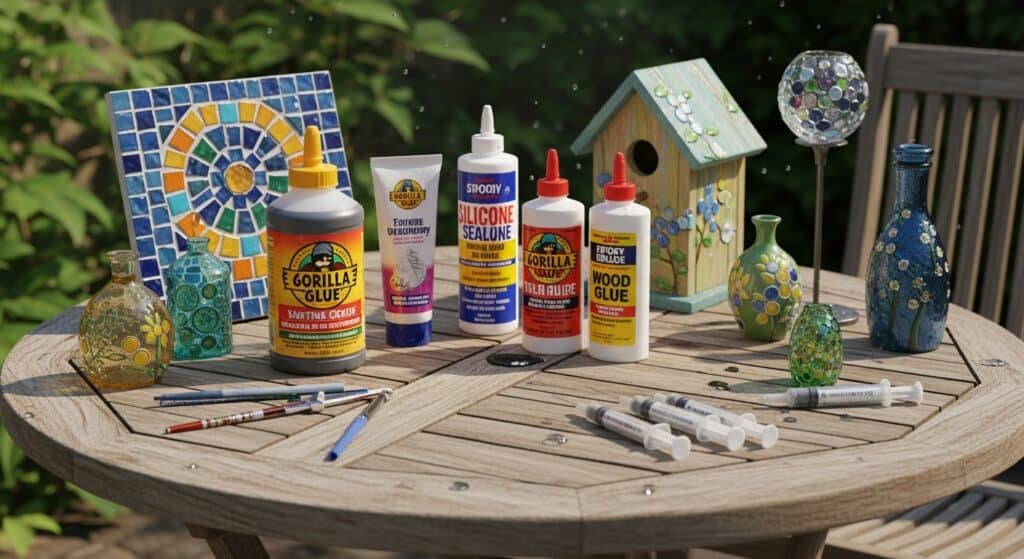






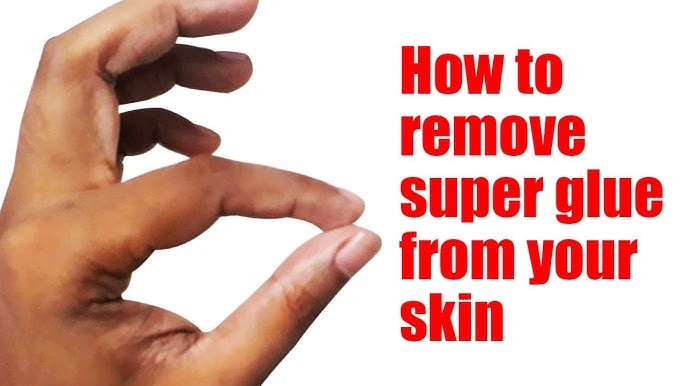
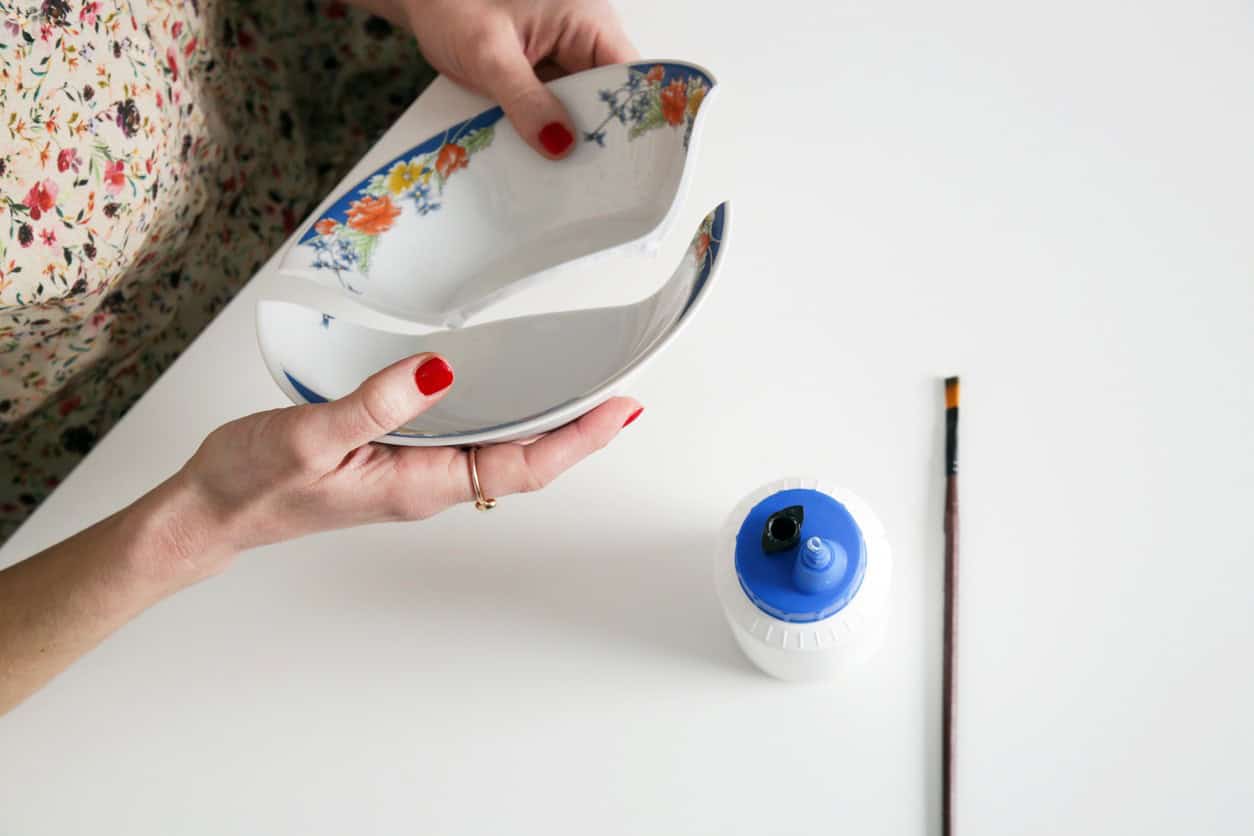
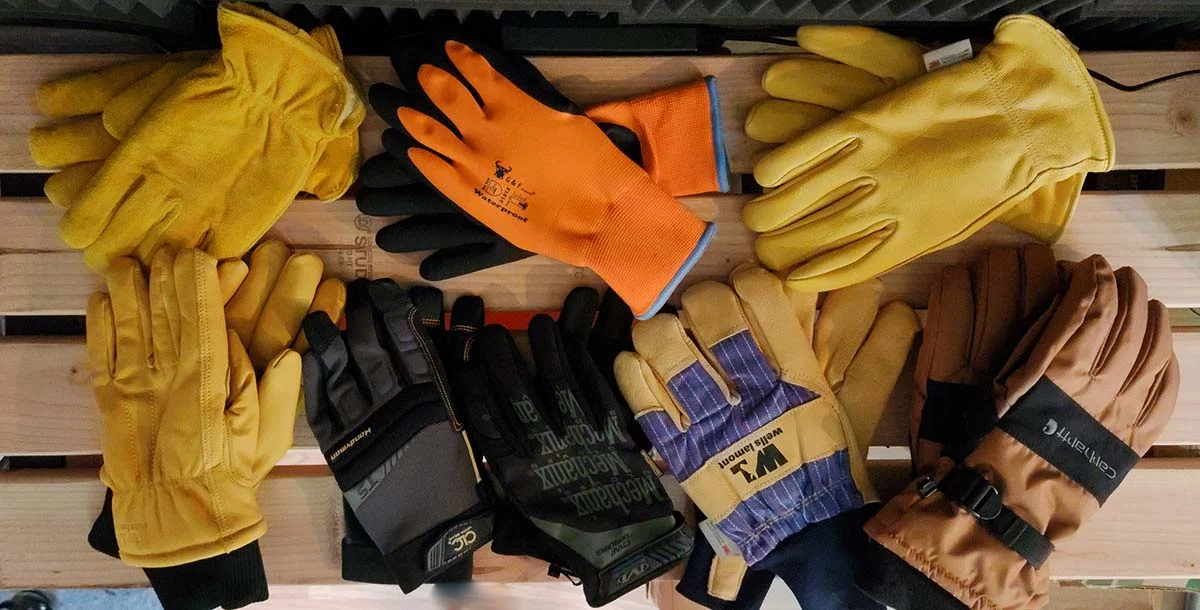
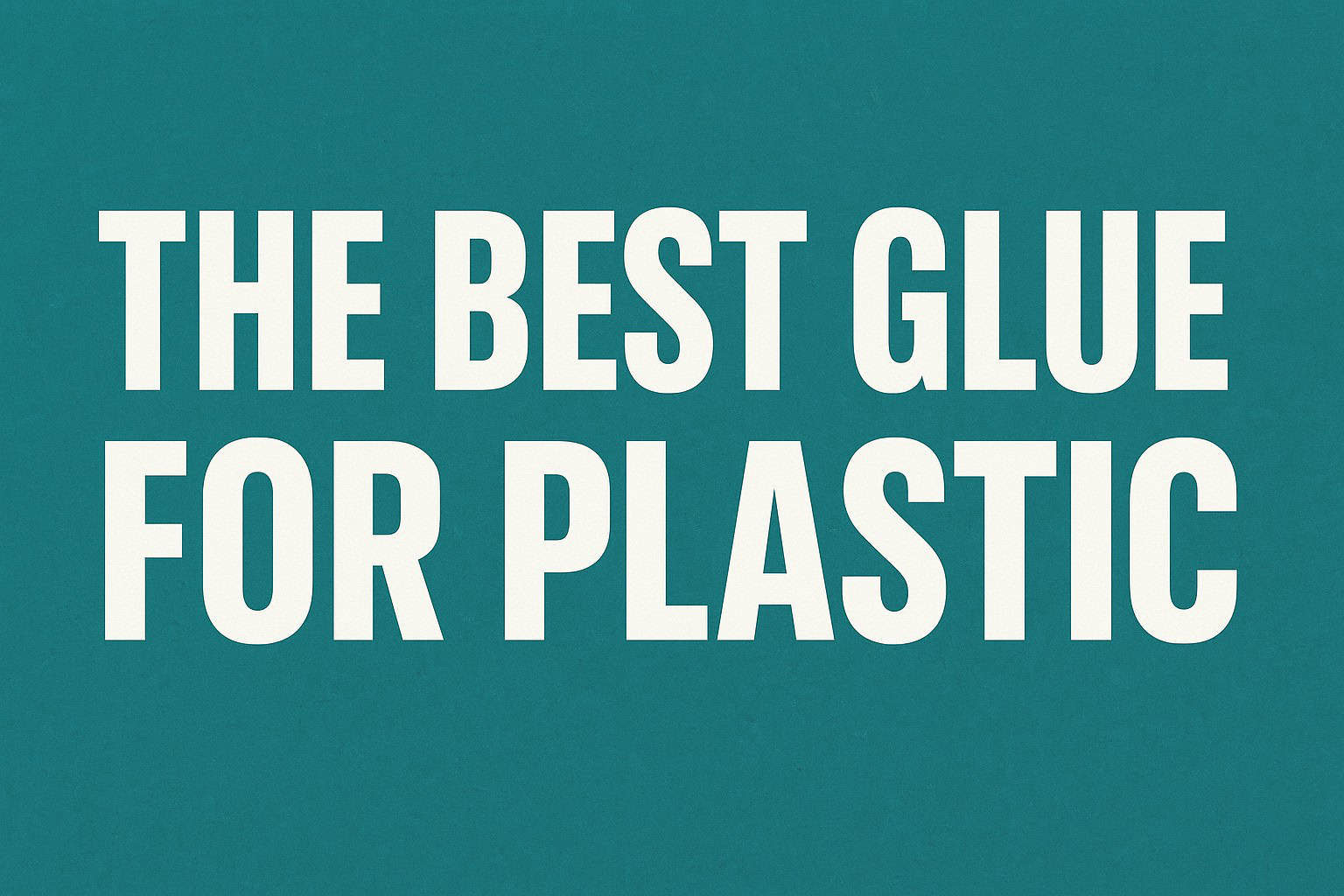






1 thought on “Best Glue for Outdoor Crafts: Waterproof, UV-Resistant, and Weatherproof Picks”